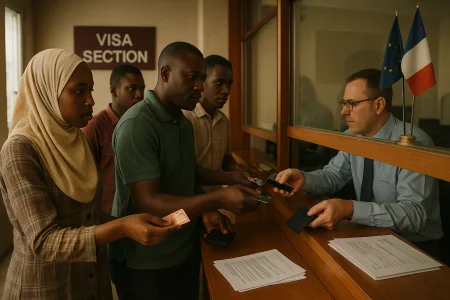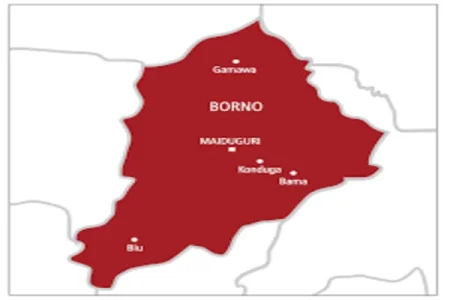
European embassies collected €4.3 million from Nigerian visa applicants in 2024, then rejected nearly half of them. SchengenVisaInfo reports this represents Africa's highest financial toll from Schengen rejections. For families struggling to pay €90 fees, these non-refundable payments fund the very bureaucracy that denies them entry, labelling them as potential economic burdens on European societies.
This extraction system transforms rejected applicants into involuntary funders of their own exclusion through administrative theft.
Key Takeaways:
- Nigeria topped African losses with €4.3 million paid for rejected Schengen visa applications in 2024
- The rejection rate increased to 45.9% from 40.8% in 2023, denying nearly half of the applicants
- 50,376 out of 111,201 Nigerian applications rejected, costing over N7.2 billion in lost fees
- €90 application fee remains non-refundable regardless of rejection outcome or reason
- African nations consistently face the highest global Schengen visa rejection rates across all categories
- Rejected applicants effectively subsidise European embassy operations while being portrayed as economic threats
Have you paid visa fees only to be rejected? Should embassies refund fees for applications they reject, or is this legalised theft?




